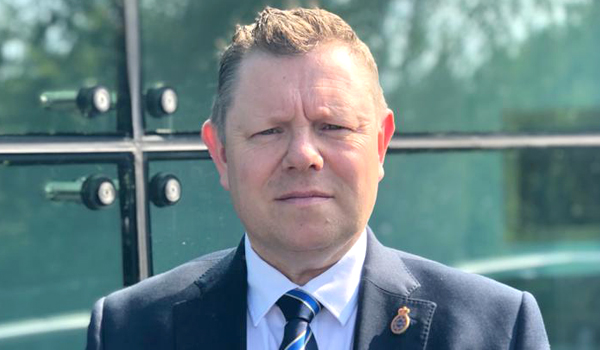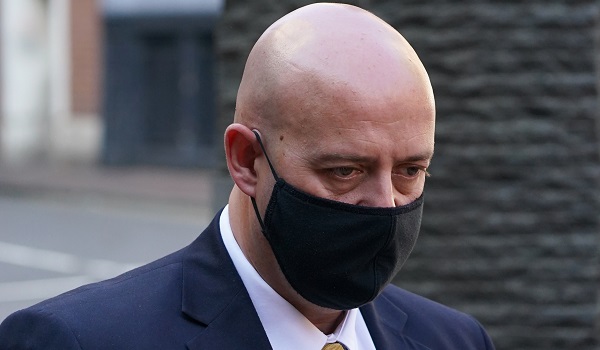Federation calls for greater clarity from PM over new lockdown easing measures
The Police Federation of England and Wales (PFEW) has called on the English and Welsh governments to stop issuing mixed messages about Covid-19 regulations after new research found that only ten per cent of officers said they fully understood the powers introduced to deal with the pandemic.
PFEW national chair John Apter warned the warned the Prime Minister not to repeat the lack of clarity over last year’s pandemic measures before he formally announces his ‘route map’ out of lockdown later today (February 22).
“Given the fact that there have been more than 60 rule changes introduced during the pandemic, it comes as no surprise whatsoever that only ten per cent of police officers who responded to our survey said they found the Covid-19 rule changes to be clear,” said Mr Apter.
“We have been saying from the beginning, clear guidance on what people can and can’t do is needed; otherwise people will inadvertently fall foul of the law or may take advantage of the mixed messages. And it’s my colleagues who are on the front line of these changes, continually playing catch-up to get their heads around the latest information.”
The Federation’s newly published Demand, Capacity and Welfare survey found only 24 per cent of respondents felt the ‘Four Es’ (Engage, Explain, Encourage and Enforce) approach was effective when enforcing the new police powers.
The new report also contains a number of personal testimonies from frontline officers, including those who have contracted Covid-19 while on duty, and those who have faced the virus being weaponised against them.
Almost a third of respondents (32 per cent) reported that a member of the public, believed to be carrying Covid-19, had purposely threatened to breathe or cough on them at least once over the past six months; with nearly a quarter reporting actual attempts at doing so.
The report said those in “custody” and “response” roles had the largest proportion of respondents experiencing such incidents, which could indicate they were “at higher risk of Covid-19 being weaponised against them”.
Some 36 per cent of respondents said they were “very” or “extremely” concerned about having adequate access to Covid-19 testing and 34 per cent felt similarly about becoming unwell due to having close contact with someone with Covid-19 while in the line of duty.
Twenty-six per cent of respondents believed they have already had Covid-19, and 45 per cent of these felt they had contracted the virus through work related activities.
Mr Apter added: “I suggest the Joint Committee on Vaccination and Immunisation (JCVI) and governments of England and Wales read this report very carefully. Then they can attempt to explain to my colleagues on the frontline why, after the most vulnerable have been vaccinated, they should not be prioritised for the Covid-19 vaccination.”







